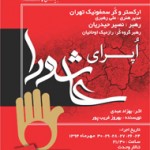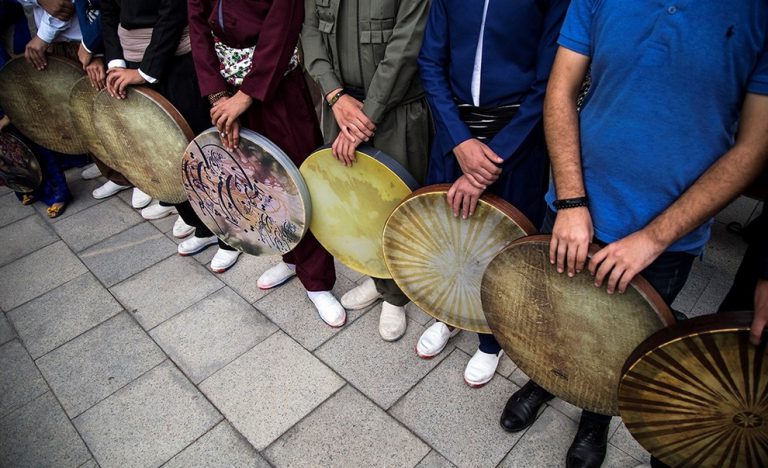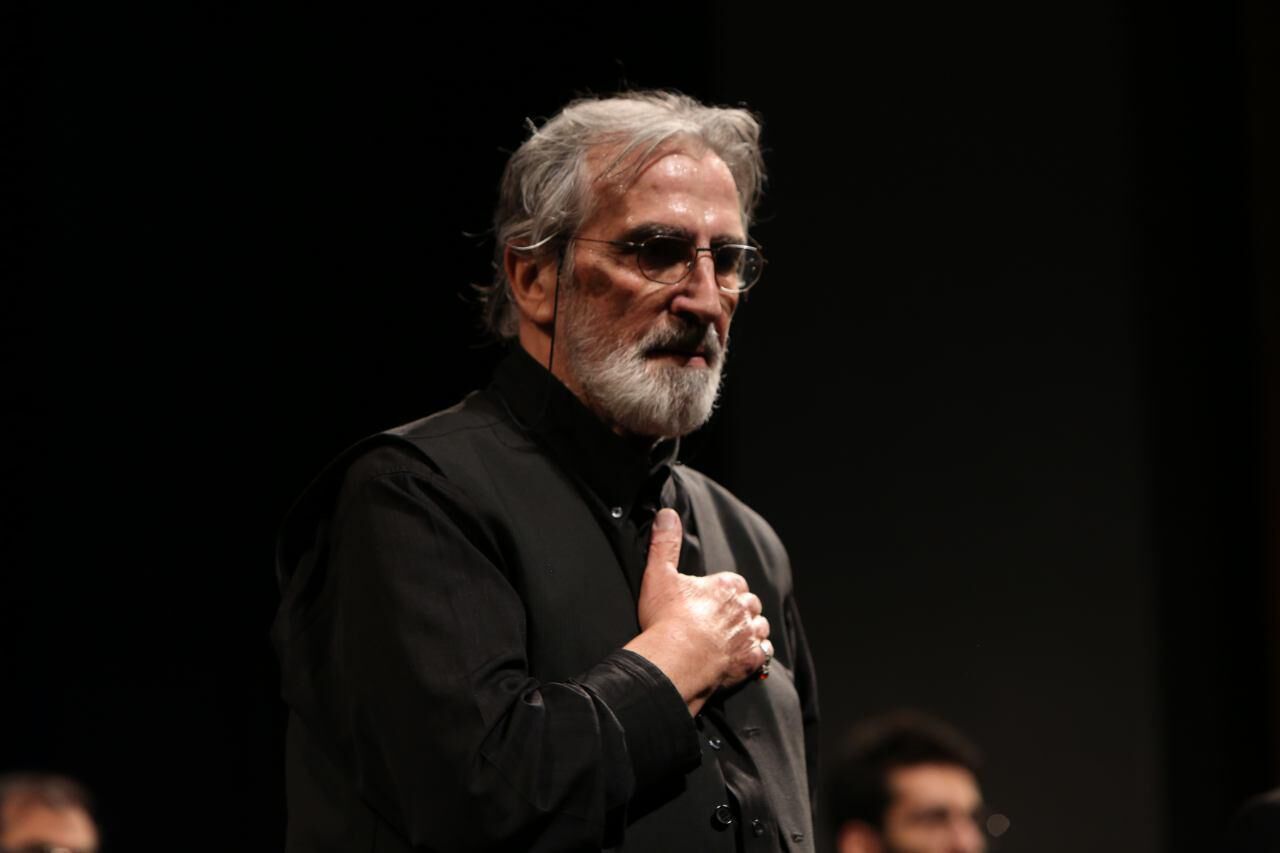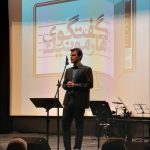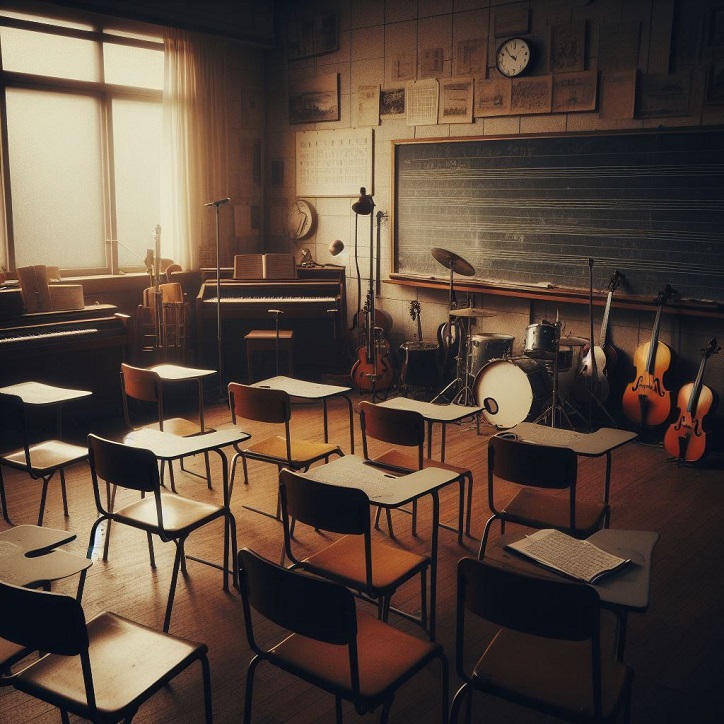
This entry was written by Ali Farahani
Music education in third-world countries is facing many problems that limit access to it and it’s full of challenges. These rising and falling obstacles are made of the socioeconomic, cultural educational systems, etc.
Here we will inspect some of the most important challenges which make difficult the progress of music education in this area.
1- Limited references
Usually, in many third-world countries, education institutions, particularly, those that focus on the dissemination of art disciplines, don’t have enough resources. The lack of financial resources for the provision of music education tools as well as musical instruments, and the lack of experienced teachers and suitable facilities, reduce the quality of music education provided especially to children.
2- socioeconomic factors.
High levels of poverty in third-world countries may prevent children from following music education.
Families may put their priorities on basic needs over cultural activities such as learning music. This limits the number of students participating in the music program.
3- cultural standpoints deterrent
Cultural attitudes toward music education are different and sometimes it may reduce value or misunderstand its validity and importance. Generally, in the development and growth of music especially among children, the culture’s domination of society and lack of artistic recognition create a kind of predestined view that affects the fate of this art. In a society where cultural beliefs marginalise music and trap it in a corner, so, art can not be active and remains passive and has no fans or it goes astray and finds quiddity like the heart in an underground movement. Certainly, this cultural disconnect led to a lack of support for music education initiatives.
4- Gender discrimination
Gender discrimination can cause problems in music education, in some societies old beliefs and traditions may prevent girls from participating in art activities, particularly, music. Patriarchal societies can keep half of the society limited and lead to limited representation of certain groups in the field of musical talent development. Although third world societies are so Sick that boys and girls are confined in this area.
5- Lack of experienced teachers
The lack of skilled music teachers is an important issue that it caught the collar of promotion and dissemination of this art for a long time. Without experienced teachers, the quality of music education, what is transmitted is incomplete and infirm, even if it may even cause ، escape the art students to cut off their connection with art education and destroy their talent.
6- Disconnected from the world and isolation
Though limited to a certain number of music genres may lead to a reduction in the variety of music fields and disconnection of world music. The limited program prevents the development of music education as universal. Cooperation with international organizations can provide more opportunities for music education in the third world.
7- Infrastructure challenges
Inadequate infrastructure, including, a lack of education spaces, schools, conservatories, music venues, lack of suitable facilities for holding concerts, all of them are high obstacles in front of music. A prominent example of this is that there is only two music conservatory in the capital of a big country like Iran.
8- religious beliefs
Religion can have various effects on music education.
For instance, in some cultures, music may be compatible with values and religious principles and it enhances the power of music as a booster element, like, the influence of different religions in Indian music.
On the contrary, in some societies, music may conflict with religious principles and some religious opinions may be made circumscription for music activities.
In Iran, the influence of Islam on music has created different historical periods. In the primitive Islamic periods, music faced limitations and sometimes masters of music were killed, sometimes rejected and exiled and sometimes isolated and in some periods completely reciprocal movement was going on.


